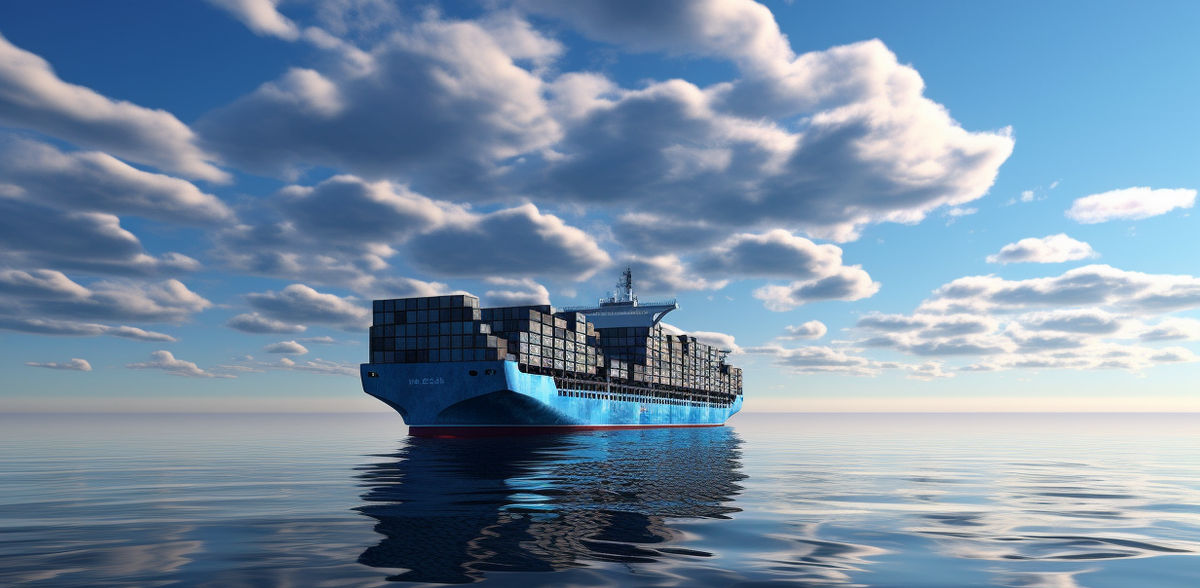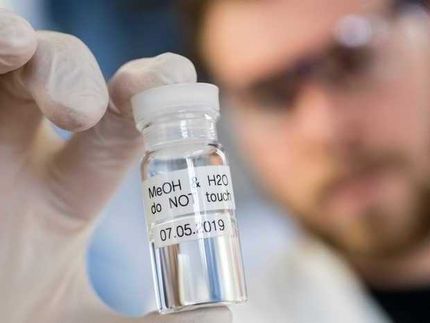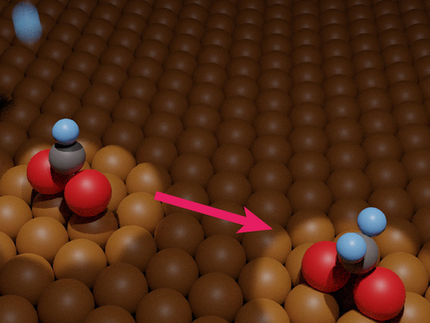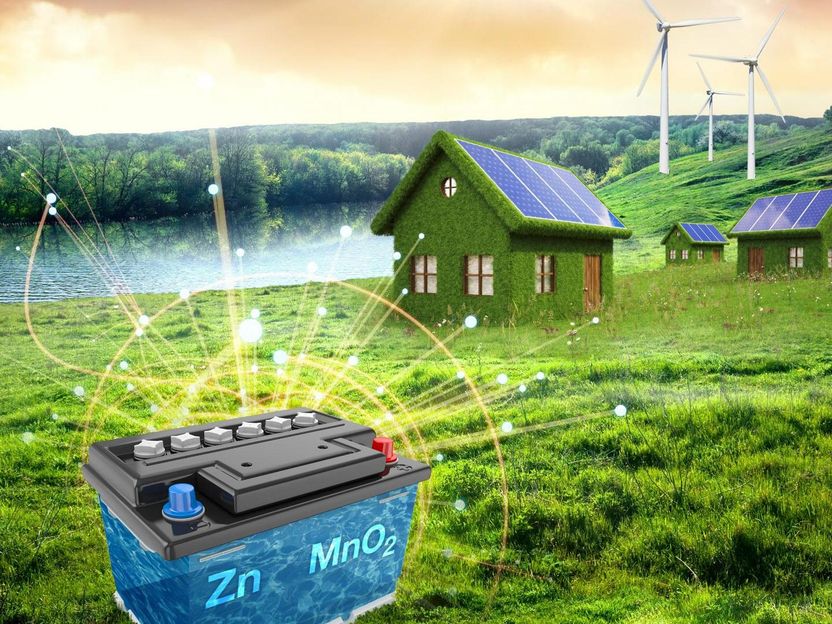Green methanol for shipping and industry: € 10.4 Mio. for the "Leuna100" project
A consortium of two Fraunhofer institutes, DBI-Gastechnologisches Institut Freiberg, Technical University of Berlin and C1 makes industrial history at the Leuna site
Advertisement
The Berlin-based climate tech start-up C1, together with its partners the Fraunhofer Institute for Wind Energy Systems IWES, the Fraunhofer Institute for Environmental, Safety and Energy Technology UMSICHT, DBI-Gastechnologisches Institut gGmbH Freiberg and the Technical University of Berlin, announces the launch of the “Leuna100” project. The goal of the project is the scalable production of market-ready green Methanol for marine and aviation applications. Methanol is seen as key to defossilizing these industries and to free them from their dependence on oil. To achieve this, the consortium of experts is relying on the new C1 catalysis process to produce green methanol. The project is funded by the German Federal Ministry of Digital Affairs and Transport (BMDV) with a total of € 10.4 Mio. over the next three years.
Shipping alone is currently responsible for emission of around 1.1 billion metric tons of CO₂ (around three percent of global CO2 emissions) as well as other air pollutants that are harmful to health, such as sulfur and nitrogen oxides or particulate matter. Replacing fossil oil with regenerative marine fuels can save more than a gigaton of CO2 every year. For container ships, green methanol is currently gaining traction as a climate-neutral fuel alternative.
A new method for the economical production of green methanol
Today's production of methanol is based on a century-old, well-engineered and emissions-intensive manufacturing process based on fossil natural gas or coal. C1 has developed a new, highly efficient catalyst that revolutionizes this process. This enables the cost-efficient production of green methanol from non-fossil feedstocks such as biomass or CO2. The process will facilitate a methanol economy in which the utilized carbon is used in a continuous cycle instead of generating additional CO2 emissions.
“In 1923, the world's first commercial methanol facility was built in Leuna. We are now continuing this success story by completely reinventing the methanol production process at the same location exactly 100 years later”, explains Dr. Christoph Zehe, who is responsible for the project as co-founder of C1. “We are hereby paving the way for the efficient use of renewable raw materials to produce green methanol on an industrial scale and are providing an important contribution to the development of the Leuna Chemical Park as a future location for green chemistry.“
Project "Leuna100" to ramp-up green methanol production in the market
For the market rollout of the e-methanol process, individual process steps - and in particular their coupling into a process chain - need to be optimized and upscaled. The goal of the project is to realize the overall process of electricity-based synthesis gas generation and a radically re-developed methanol synthesis process under real conditions for the first time worldwide.
"The climate crisis is enforcing an unprecedented and ambitious reduction in CO2 emissions. Germany and the EU have established fixed targets for the transport sector and quotas for renewable fuels. However, sectors that are difficult to electrify, such as shipping and aviation, have no technically established method to meet this in an economic and scalable way. Regenerative fuels based on green hydrogen and CO2 offer an alternative, but are not yet ready for market ramp-up. This is the exact point where 'Leuna100' comes in, by innovating the complete process chain from CO2 to methanol and establishing the most favorable process for the production of green methanol", explains Dr. Kai Junge Puring, project manager at Fraunhofer UMSICHT.
Michael Seirig, department head of hydrogen laboratories and field tests at Fraunhofer IWES, adds: "The 'Leuna100' project addresses a central challenge: There is currently a great deal of momentum in the field of renewable fuels, with many individual innovations. What's missing is connecting them to truly enable a large-scale market ramp-up. Many steps in renewable fuel production can be electrified to convert to renewables. In practical terms, however, defossilization of production requires not only the enabling of individual sub-steps, but also coupling and load-serving operation as a whole. Here, the BMDV funding creates an opportunity to implement this. With the Hydrogen Lab Leuna, Fraunhofer IWES also offers a unique research infrastructure for testing H2 and PtX technologies on an industrial scale and under real conditions – so we have optimal conditions for the project."
The “Leuna100” project starts in August 2023 in the Leuna Chemical Park, and will run for three years. It is funded with a total of 10.4 million euros by the German Federal Ministry for Digital and Transport as part of the Funding Programme Renewable Fuels. The funding guideline for the development of renewable fuels is coordinated by NOW GmbH and supported by the project management agencies VDI/VDE Innovation + Technik GmbH and Fachagentur Nachwachsende Rohstoffe e. V..
Other news from the department science
Most read news
More news from our other portals
Something is happening in the chemical industry ...
This is what true pioneering spirit looks like: Plenty of innovative start-ups are bringing fresh ideas, lifeblood and entrepreneurial spirit to change tomorrow's world for the better. Immerse yourself in the world of these young companies and take the opportunity to get in touch with the founders.


































































